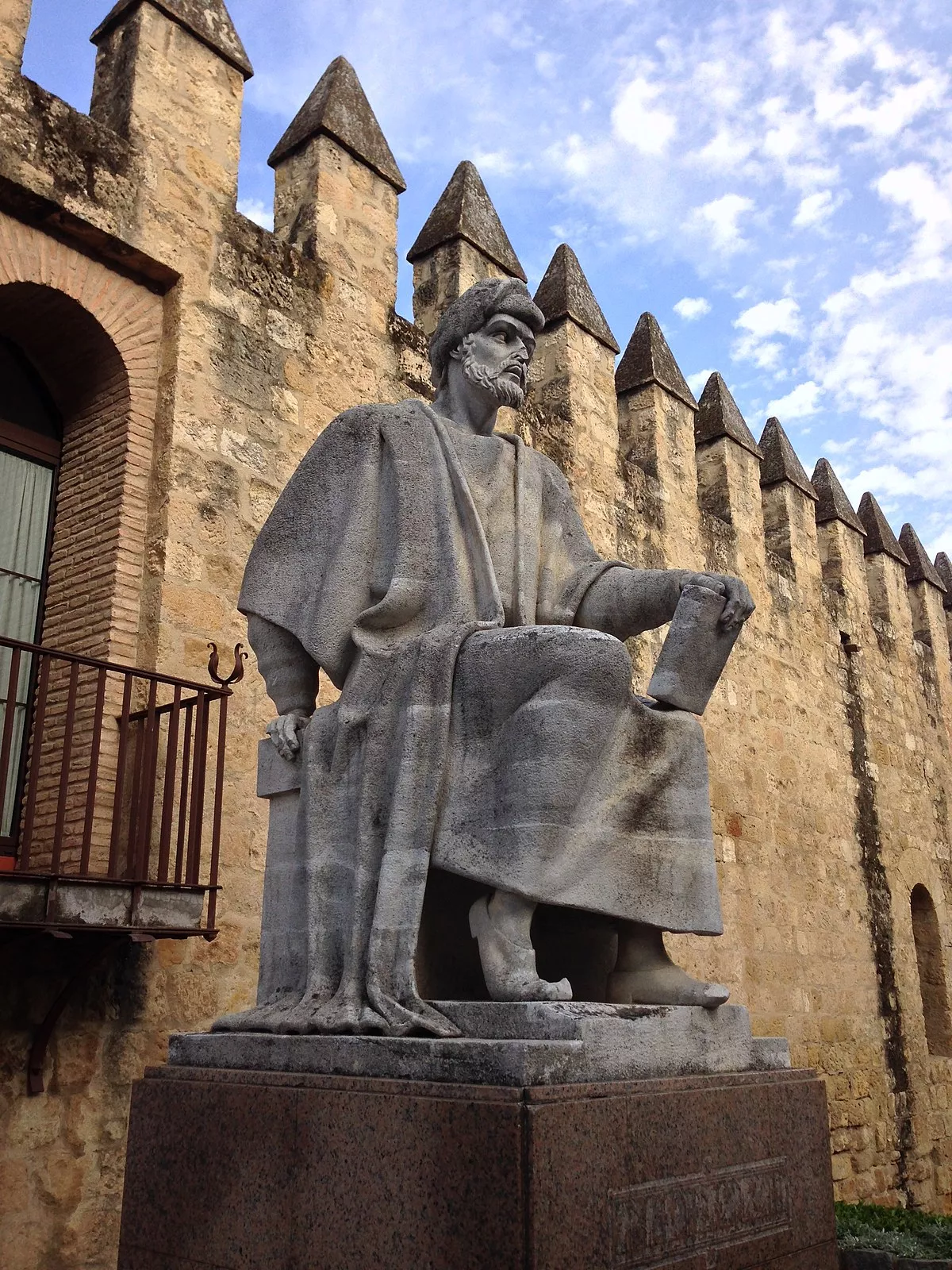 1.
1. Ibn Rushd, archaically Latinized as Averroes, was an Andalusian Muslim polymath and jurist who wrote about many subjects, including philosophy, theology, medicine, astronomy, physics, psychology, mathematics, Islamic jurisprudence and law, and linguistics.